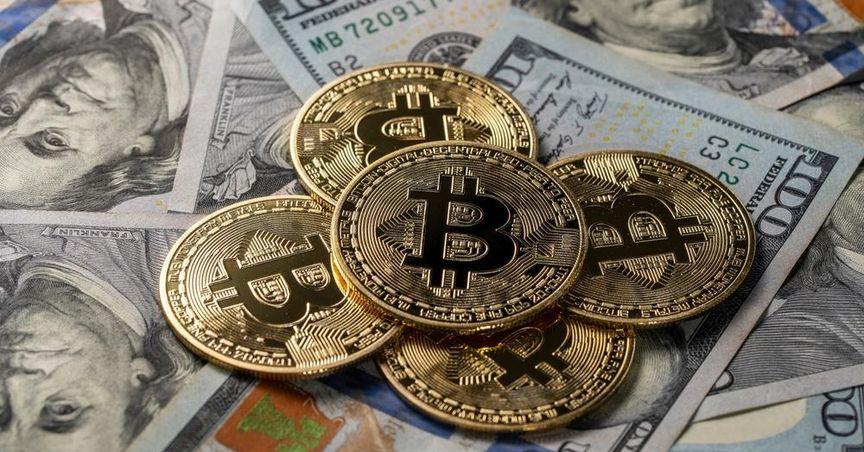Highlights
- Bitcoin (BTC) seen as digital real estate with strategic value.
- BTC could shape national reserves and economic influence.
- Global financial strategies are shifting toward digital assets.
Bitcoin is rapidly gaining recognition as a strategic asset with the potential to reshape global economies. As digital real estate, it is influencing national reserves and economic planning. With growing adoption, cryptocurrency is becoming a crucial tool in the evolving financial landscape. This shift highlights Bitcoin's role in shaping the future of global economic strategies and stability.
The Strategic Shift Toward Bitcoin
Bitcoin (BTC) is increasingly being viewed as a form of digital real estate, gaining traction as a strategic asset with potential to reshape national reserves and economic influence. This shift reflects a broader movement in global financial strategies as nations explore ways to adapt to the evolving digital landscape.
The idea of Bitcoin serving as a cornerstone in national economic planning has drawn attention, particularly in light of geopolitical and economic competition. As countries assess their economic standing, digital assets like Bitcoin are emerging as tools for maintaining and enhancing economic leadership.
National Focus on Bitcoin's Potential
The United States finds itself at a critical juncture regarding digital assets. Failing to prioritize Bitcoin as part of its economic framework may lead to a diminished competitive edge globally. With growing interest from financial institutions and public sectors, integrating Bitcoin into national strategies may serve as a safeguard against economic shifts and technological advancements by other nations.
Insights from Industry Leaders
Anthony Pompliano, a prominent figure in digital asset discussions, has highlighted Bitcoin's growing importance in economic strategies. Speaking on Fox Business, Pompliano emphasized the potential for Bitcoin to become a vital component in national reserves. His insights reflect the increasing recognition of digital assets as essential resources within global economies.
Pompliano's perspective aligns with trends indicating a shift toward asset diversification, where Bitcoin is seen not just as a speculative tool but as a long-term strategic asset that holds the potential to influence economic policies and national stability.
Bitcoin's Role in Economic Planning
As financial systems continue evolving, the integration of Bitcoin into national frameworks becomes a topic of interest for economic planners. The digital asset's finite supply and decentralized nature position it as a potential hedge against inflation and economic fluctuations. Countries seeking to fortify their economic strategies are exploring the role Bitcoin could play in maintaining financial resilience.
Digital Asset Landscape
The broader digital asset landscape reflects ongoing transformations, with Bitcoin at the forefront of these changes. The increasing adoption of digital assets underscores their potential role in shaping economic policies and international competition. As countries navigate these shifts, Bitcoin remains a focal point in discussions about national economic strategies and technological progress.
Bitcoin's emergence as a strategic asset highlights the evolving nature of digital finance. With its growing relevance in global markets, the focus on Bitcoin is set to continue, reflecting its potential to shape economic narratives and influence national planning in the years ahead.





